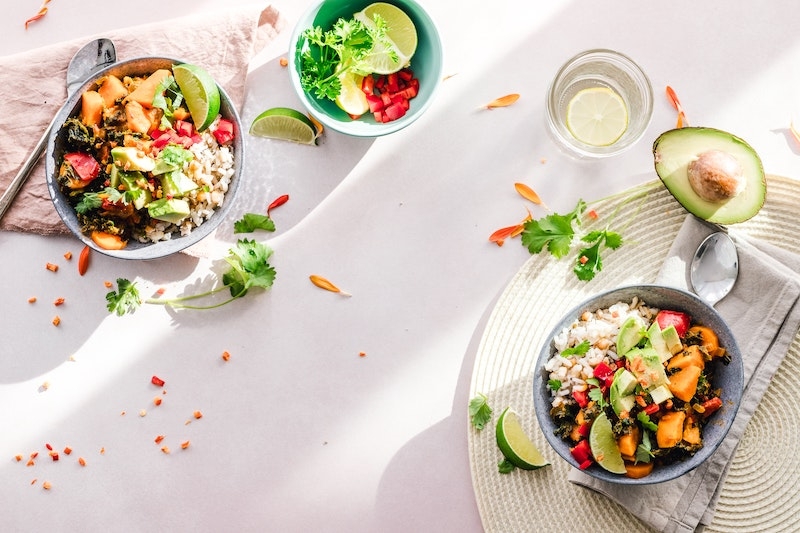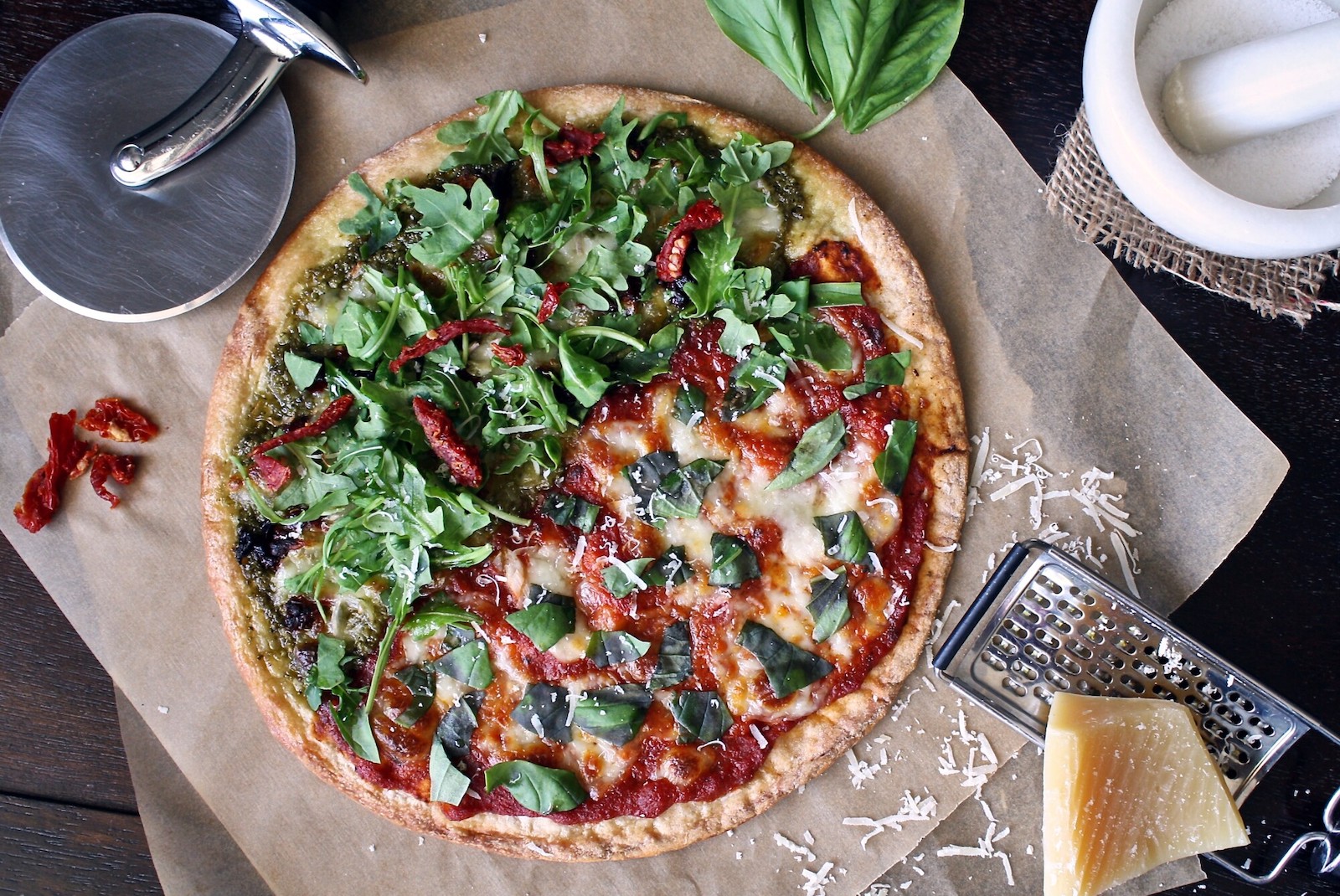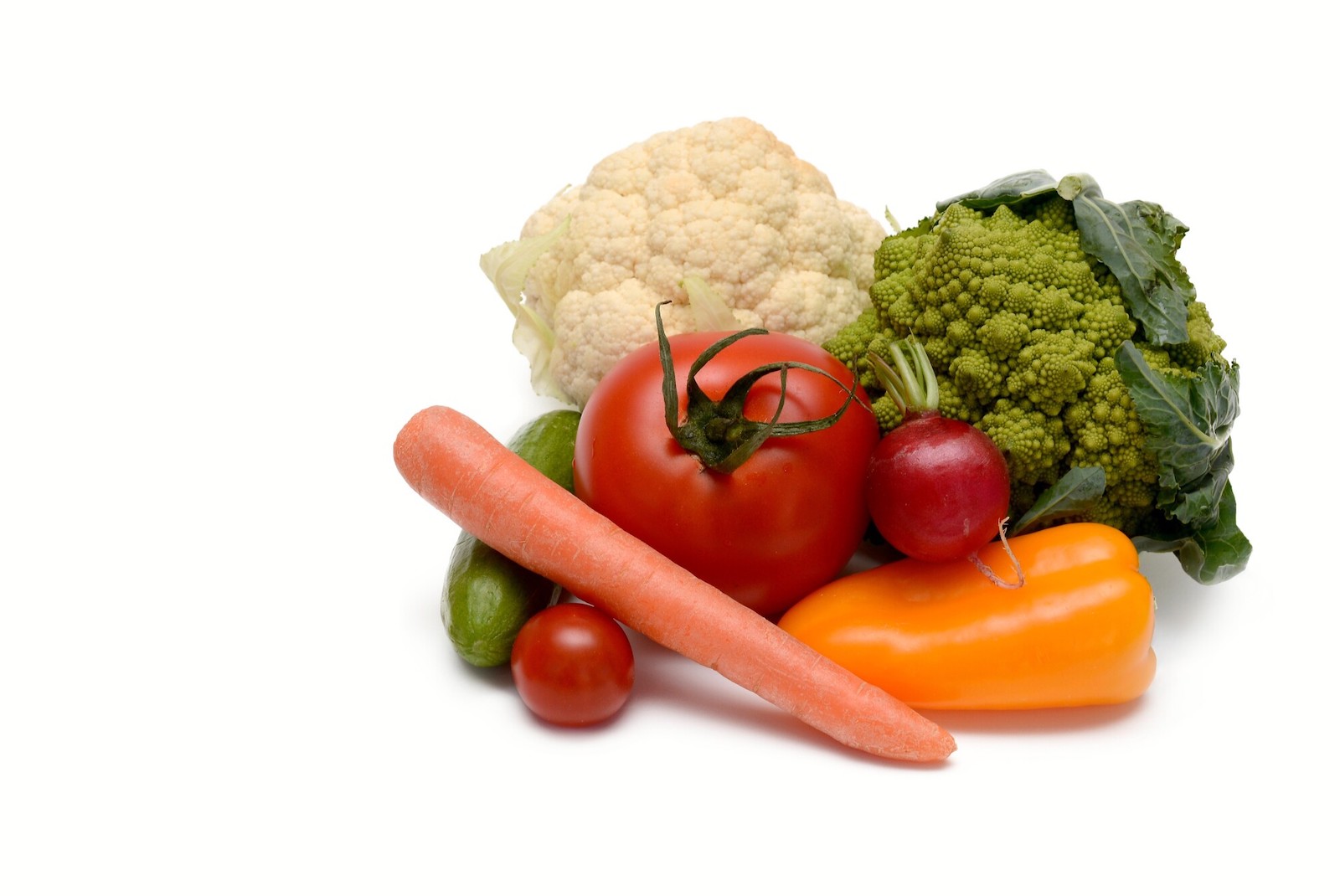Digestive Issues? Why Food Combining May Be Your Saving Grace
- By Anna Speaks
- Jun 27, 2019

We all know that nutrition is important - what we eat consistently has a huge impact on our overall health. But what many don't realize is it's not always about what we're eating - when we eat and how we combine things plays a major role as well. If you've ever felt bloated, gassy, or had issues with your elimination you likely have an intimate experience already with the effects of improper food combining.
If you're thinking, "Oh no, this already sounds way too complicated..." just know that it's actually pretty simple. It turns out there are just a few easy guidelines to keep in mind, and boy can they make a world of difference in optimizing digestion.
A few basic rules to follow:
1. Keep proteins and starches separate
A few basic rules to follow:
1. Keep proteins and starches separate
If you eat a concentrated protein source - especially an animal protein - try to eat it with plenty of greens and other non-starchy vegetables, not starches and carbs. It turns out the popular combination of carbs with a protein (*ahem* burgers) is horrible for our digestion - creating a gut bomb of sorts that can never digest properly. This is because our bodies require different enzymes to digest different foods - proteins need a completely different mix of digestive enzymes then starches and carbs. Yep, it's science.
When we eat starches with proteins it results in incomplete digestion leading to unpleasant symptoms such as indigestion, gas, and acidity (hello heartburn). Aside from non-starchy veggies, try eating proteins with a healthy fat source like nuts, seeds, cold pressed oils and avocados. You can also try combining proteins with fermented foods that are naturally rich in probiotics like sauerkraut or kimchi to further enhance digestion.
In the mood for carbs? Try combining them with plenty of veggies and a healthy fat...but leave out the protein.
Basically, when thinking about how to structure your meals, choose protein or carbs as the main focal point - but not both at the same time, and when in doubt, add leafy greens and non-starchy vegetables. You can't go wrong.
2. Be mindful with fruit
2. Be mindful with fruit
Have you ever eaten some watermelon at a potluck and had your belly bloat up like a balloon? Nope, it doesn't mean watermelon is evil and you should never touch it again, it was likely just poor food combining. Fruit typically digests very quickly, melon especially so. If we enjoy fruit on an empty stomach, say at breakfast time, or at least 30 minutes before we eat other types of food, it means it has a chance to digest fully and won't get held up behind slower digesting foods in a gastronomic traffic jam of sorts. When we eat fruit after other foods the sugars and starches often ferment in our gut. Fermentation = indigestion and gas.
3. Keep late night munchies in check
Do you find yourself eating late dinners, or reaching in the fridge for a midnight snack before hitting the sack? While it may seem innocent enough, if we regularly eat late at night, and then go to bed immediately after, a few undesirable things can happen. A) It means our body is busy digestion when it should be focusing on resting, healing, and detoxifying while we sleep and B) It means we may wake up feeling tired, bloated or even constipated. Many people find that they wake up more energized and with a flatter tummy if they finish their last meal earlier in the evening, giving their bodies a few hours to digest before drifting off into dreamland. It also means your dinner has had a chance to fully digest, which means good things if you tend to have sluggish elimination.
In summary, when we follow simple food combining principles it supports our digestion, absorption and elimination processes which means we are more nourished and have less overall toxins building up in our body. It also means we feel better and look better too! Of course, every person is different. Ultimately, listen to your own gut (literally!) and do what feels right for you.




